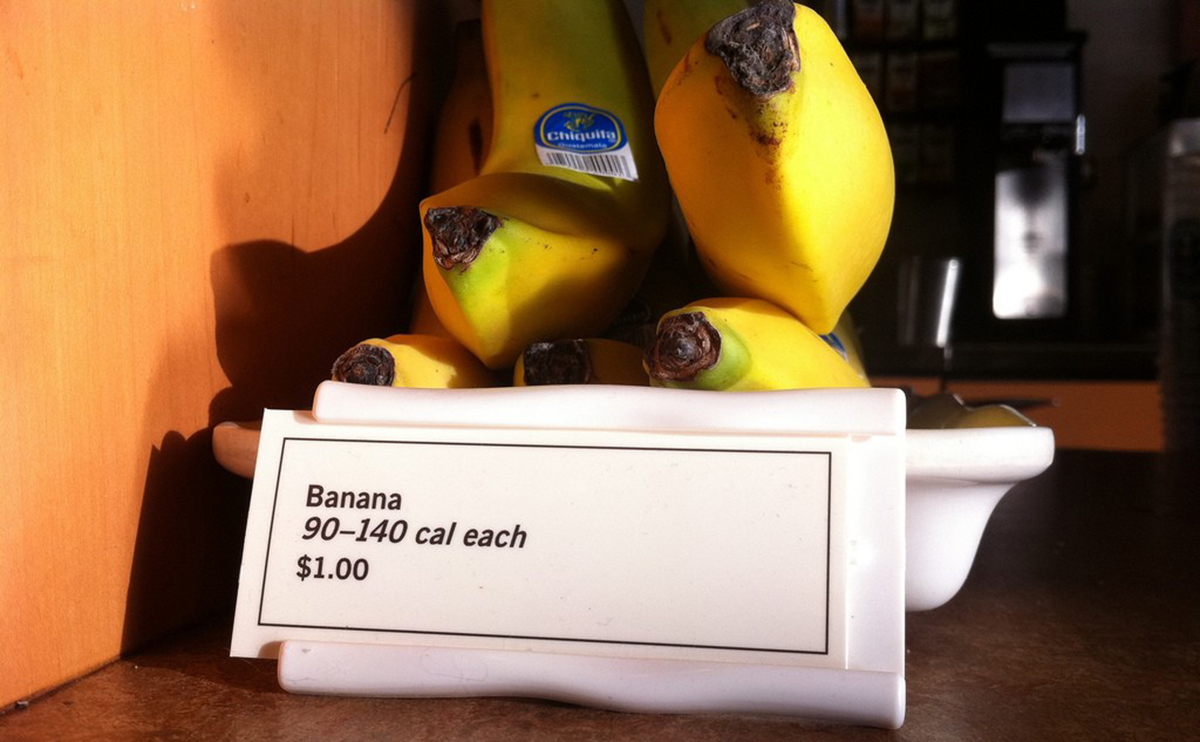Table of Contents
Then there’s the way nutrients are used in your body.

So the calories you count aren’t just wrong - they’re wrong twice. Add in genetic differences and differences in basal metabolism, and that 406-calorie slice of carrot cake starts to look less like scientific prescription for weight loss and more like a number that was just pulled out of the air.
Finally, the real clincher is that even people who keep food diaries and are being assessed by professionals who actually watch what they eat misreport what they eat. Most people misreport by about 350 calories a day, but obese people misreport by about 800 calories a day. So even if calories were simple - which they’re not - and accurate - which they’re not - we don’t seem to be able to use them anyway!
So calorie counting doesn’t work.
But does that mean we need to get better at it, or find a different way to work out weight loss plans?
If we got better at knowing exactly how many calories were in our food, we’d also need to include bioavailability indexes so we’d know if we’d be able to assimilate the full amount, and we’d need to include indexes that showed us how the different macronutrients would interact with our specific genetics and lifestyle too. So unless you’re a research nutritionist, this isn’t really an option - and most people lack the background, education and interest to make use of that information even if it were presented to them. For most of us, it’s a non-starter.
So how should we be figuring out what we’re eating?
Here’s where the picture gets hazy. If you’re close to the weight you want to be and your concern is performance the calorie counting to the nearest, say, 250 a day might woe for you. The story’s the same if you’re working on body composition goals but they’re pretty close. If you’re dropping the last 10 pounds, then counting calories to the nearest 250 a day and using foods’ calorie labels to learn to tell high-energy, low-nutrition junk food from the food that’s going to keep you well and full all day can be effective.
Similarly, if you’re a lighter person, especially a young man, and you’re trying to put on weight, the chances are that you misreport in the wrong direction - that you incorrectly believe that you eat way more than you really do. Counting calories can have some utility for people in this situation too.
That doesn’t come from counting calories alone. It comes from an understanding of how calorifically dense a certain food is, what else it can do for you and how much of it you plan to have.
- Mindmap by steadyhealth.com
- Photo courtesy of Jason Tester Guerrilla Futures by Flickr : www.flickr.com/photos/streamishmc/5410300831


Your thoughts on this